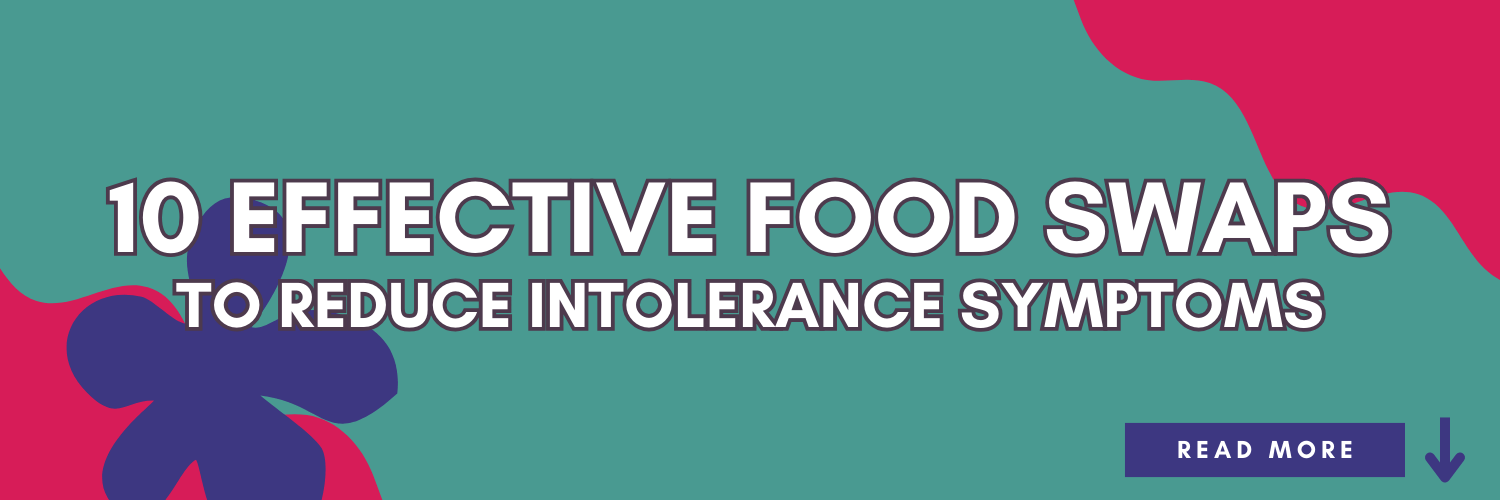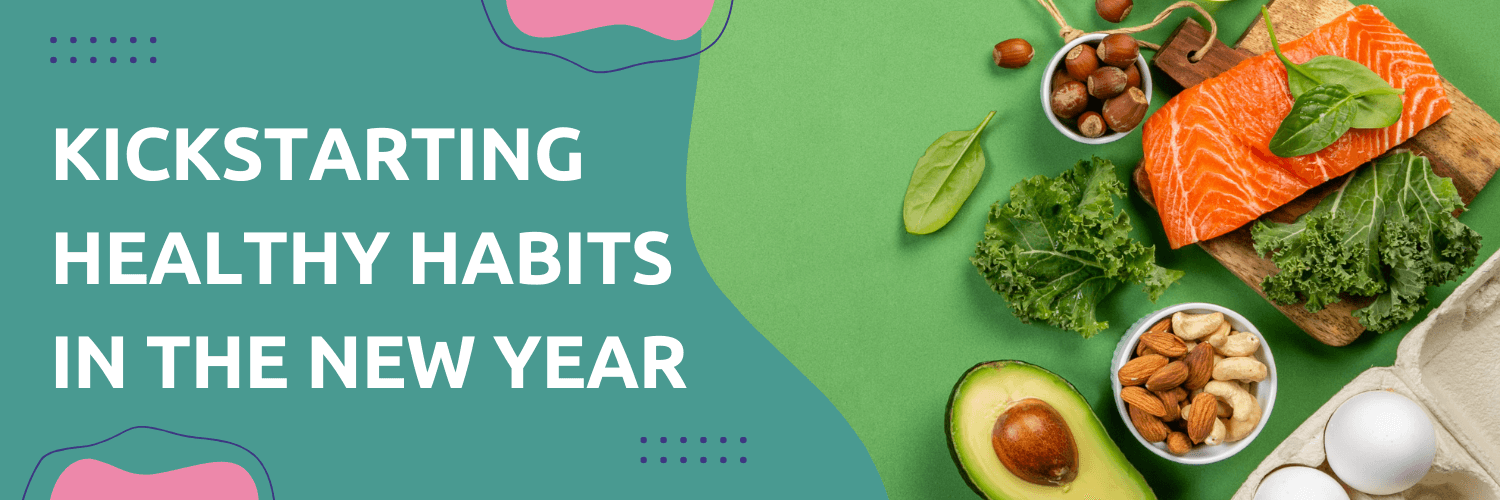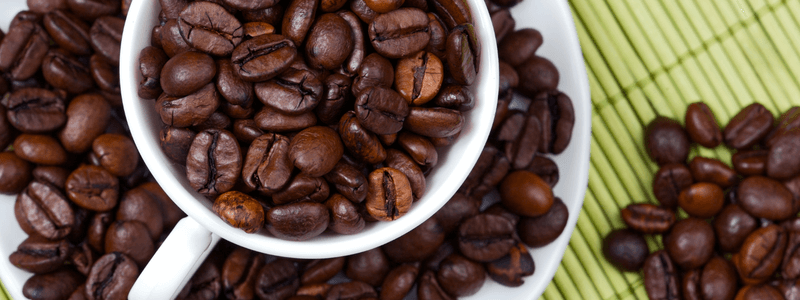What Causes Bloating?
Being bloated is uncomfortable and is often accompanied by excessive gas or belching. The sensation is caused by a gas build up in the digestive tract, which explains the concurrent gas-related symptoms, but studies have stated that it is unlikely there is any single cause [1]. Despite this, there are factors known to contribute to or worsen bloating which can be controlled.
Controllable Causes of Bloating
Fizzy Drinks – Carbonated drinks are a common factor in bloating. Try cutting them out of your diet, or at least avoiding them around meals, to minimise your chance of bloating.
Gulping Down Air – whether it’s from eating too quickly, taking massive gulps or using a straw, gulping down air when we eat, or drink can be a major contributor to bloating.
Fluid Retention – Salty foods can cause an increase in bloating due to increased fluid retention. Excess salt will cause your body to retain extra water while it’s digesting, so there’ll be an increase in fluids in your stomach, resulting in the bloated sensation.
Food Intolerance – Bloating is a common symptom of food intolerance. It’s believed that bloating can be caused by your bowel not emptying properly, the food causing gases to become trapped or even an excess of gas being produced as a reaction to the food.
Certain Vegetables – It’s not just food intolerances that can trigger bloating. Several fibrous vegetables have a reputation for causing excess wind and bloating. Common offenders include onion, broccoli, cauliflower, cabbage, beans and sprouts
Conditions and Bloating
Constipation – It’s common to become bloated if you find yourself constipated due to the process of digestion being held up at one end.
Prescription Medications – Various prescription medications can cause intestinal issues. Always check the included leaflet for potential side effects.
SIBO – Bloating is common in those with small intestinal bacterial overgrowth, or ‘SIBO’. When bacteria which normally grows in other parts of the body begin to grow in the small intestine, it can start to cause several issues in your digestion, and a bloated feeling is just one of the minor symptoms.
Reduce or Prevent Bloating
As mentioned earlier, there are a bunch of ways you can help to reduce or even prevent bloating from happening. Here are a few we recommend;
Eat slower – Eating slower can help prevent you from swallowing gulps of air down with your food. Thus, minimising the total gas volume in your stomach. If you’ve ever had a massive feast and felt quite bloated up until you let out a burp or two, then it’s likely that the simple act of slowing down will make the difference.
Smaller meals – For some, it’s that gases released by certain foods that cause bloating, and while there are ways to figure out which foods are the culprit, you can always make your meals smaller in the meantime to help minimise bloating. Smaller meals mean less gas build-up, so you should at the very least feel less bloated.
Avoid carbonated drinks – Since it’s mostly gases that cause a bloated feeling, laying off the pop can help you minimise the amount of additional gas in your stomach and thus, avoid boating.
Avoiding intolerances (testing) – Many people find that certain food(s) trigger their bloating, and researchers have recommended a dietary approach to deal with this [2]. But it can be difficult to pinpoint exactly which foods are the cause of your bloating, and the trial and error approach is time-consuming. That’s why we recommend accurate testing to help you figure out your intolerances as quickly as possible.
Ditching straws (environmental ref) – Another way of minimising the amount of air you add to your stomach is by ditching those straws! Not only will you be helping the planet’s environment, but you’ll help your gut’s environment too.
How to Treat a Bloat
It may seem counterintuitive to be adding more into your stomach when a bloat hits, but there are a few ways you can treat your bloat.
Peppermint – In a few studies, peppermint oil has proven to be more effective than a placebo in treating abdominal distension and bloating. Peppermint is also believed to be a natural spasmolytic agent, meaning that it can help to relax the stomach muscles and help relieve the feeling of bloating [3].
Laxative – Sometimes the cause of a bloat is that you’re a bit, ahem, ‘backed-up’. This is where a laxative could be the difference between a long-lasting or passing bloat (after you pass). If you’ve been constipated prior to your bloat, try popping a laxative to get things moving again.
Kiwi fruit extract – Not something you’d usually have laying around, but in randomised, placebo-controlled trials, kiwifruit extract has had good results. It’s been shown to reduce bloating in patients with occasional constipation [4].
Final Thoughts
A regular bloated feeling isn’t something you should have to put up with. And there are plenty of ways to go about getting rid of your bloating. Between avoiding fizzy drinks, figuring out your food intolerances and trying some peppermint, you can quickly find what works for you and finally beat that bloat for good.
References
[1] AGRAWAL, A. and WHORWELL, P.J. (2007). Review article: abdominal bloating and distension in functional gastrointestinal disorders – epidemiology and exploration of possible mechanisms. Alimentary Pharmacology & Therapeutics, [online] 27(1), pp.2–10. Available at: https://onlinelibrary.wiley.com/doi/full/10.1111/j.1365-2036.2007.03549.x [Accessed 28 Feb. 2020].
[2] Mari, A., Abu Backer, F., Mahamid, M., Amara, H., Carter, D., Boltin, D. and Dickman, R. (2019). Bloating and Abdominal Distension: Clinical Approach and Management. Advances in Therapy, [online] 36(5), pp.1075–1084. Available at: https://www.ncbi.nlm.nih.gov/pmc/articles/PMC6824367/ [Accessed 2 Mar. 2020].
[3] Cappello, G., Spezzaferro, M., Grossi, L., Manzoli, L. and Marzio, L. (2007). Peppermint oil (Mintoil) in the treatment of irritable bowel syndrome: a prospective double-blind placebo-controlled randomized trial. Digestive and liver disease : official journal of the Italian Society of Gastroenterology and the Italian Association for the Study of the Liver, [online] 39(6), pp.530–6. Available at: https://www.ncbi.nlm.nih.gov/pubmed/17420159 [Accessed 2 Mar. 2020].
[4] Drummond, L. and Gearry, R.B. (2013). Kiwifruit Modulation of Gastrointestinal Motility. Nutritional Benefits of Kiwifruit, [online] pp.219–232. Available at: https://www.sciencedirect.com/science/article/pii/B9780123942944000122 [Accessed 2 Mar. 2020].






